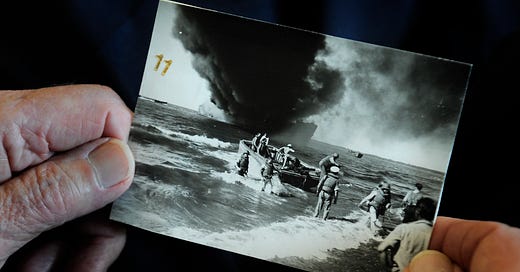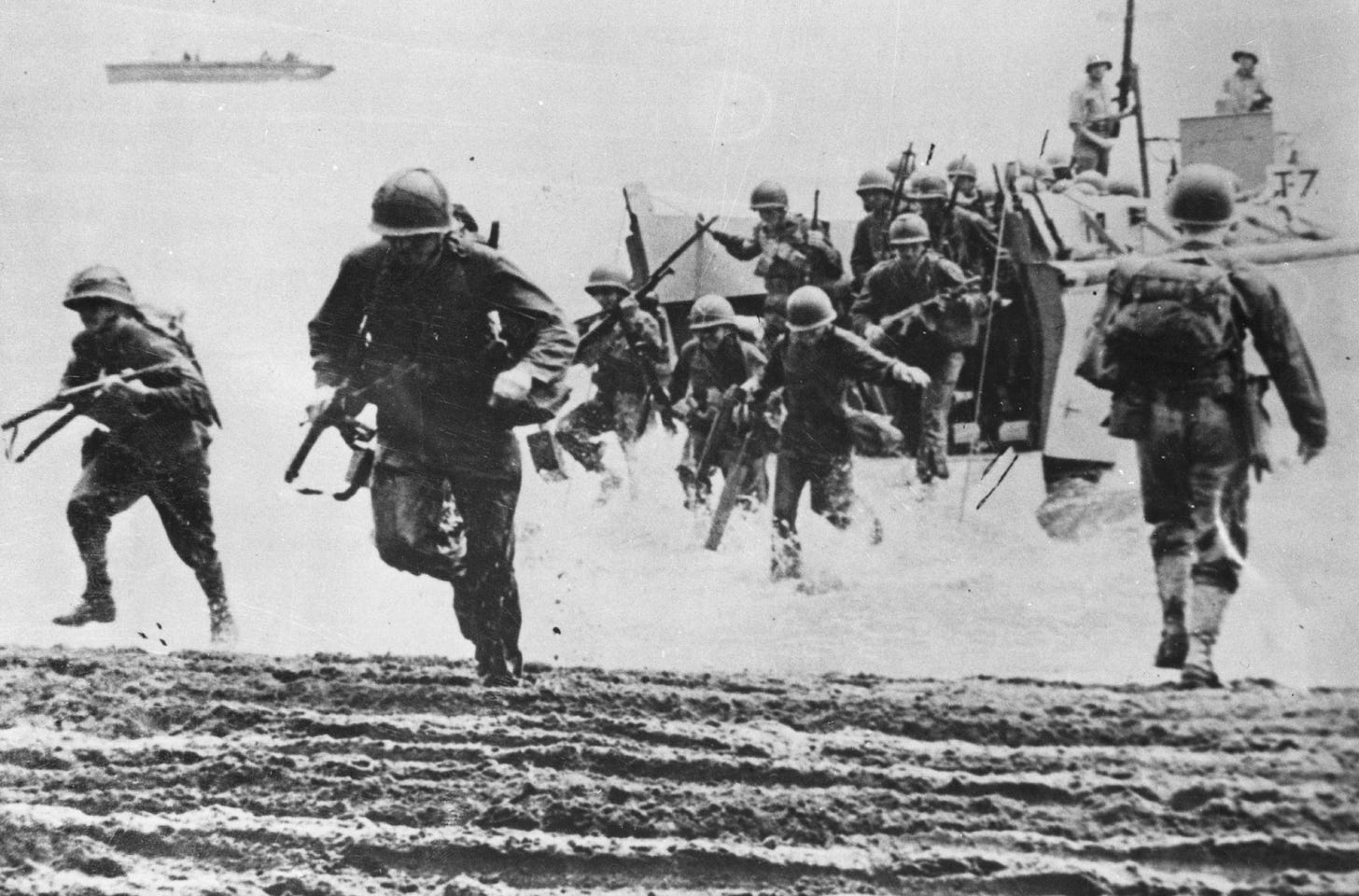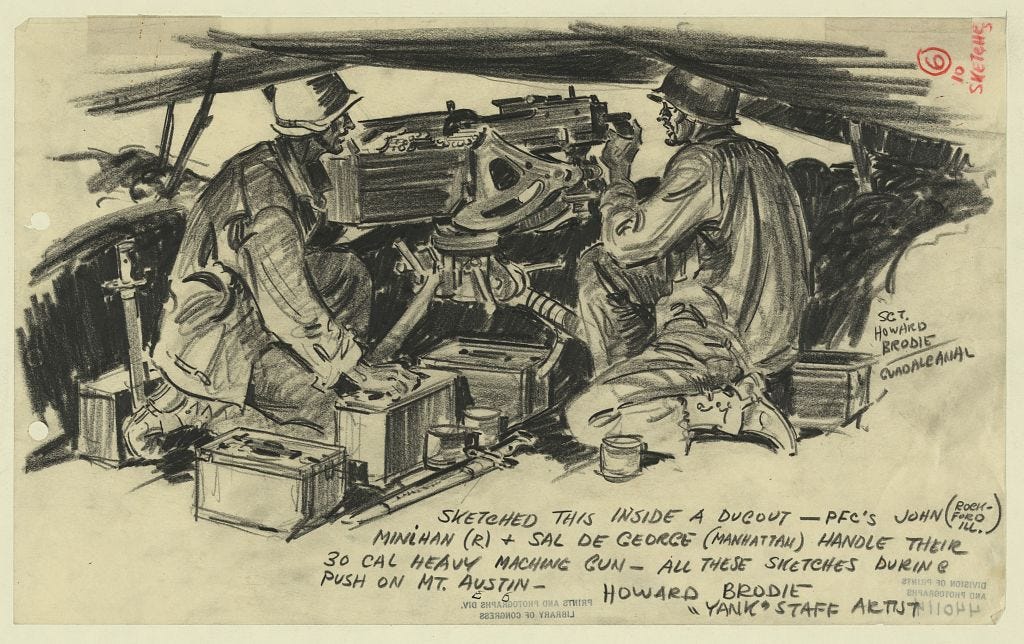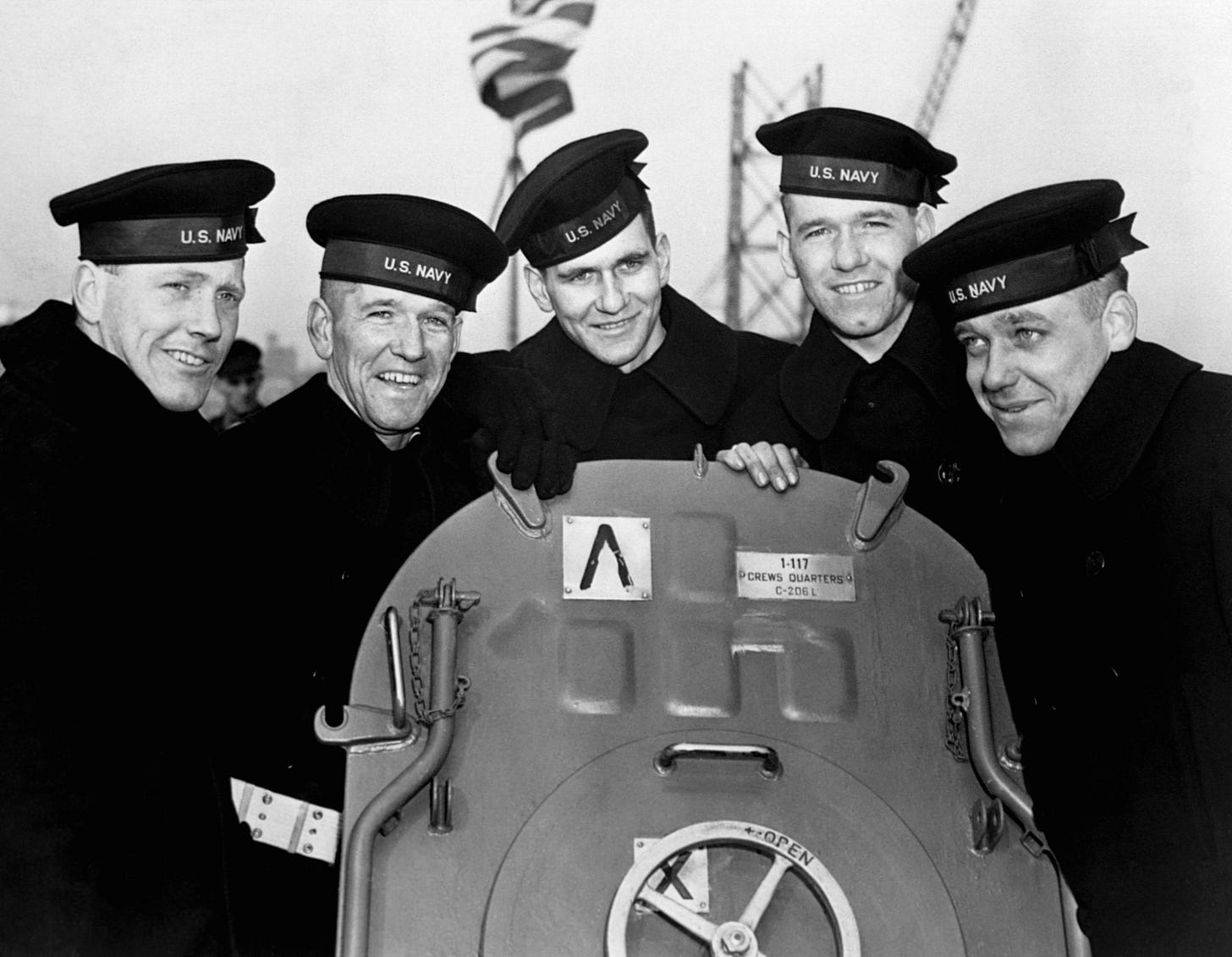February 9
There is something about dates in history, the ones we mark, the ones we vow to never forget. December 7 (1941), November 22 (1963), September 11 (2001), January 6 (2021). Dates are indelible, in that they do not die with those who experienced them firsthand. They peer out to us from printed books, and they are easily searchable amid the sea of information online. But their impact, their immediacy, the way they fit into the days that preceded them, the days that came after, the way they embedded themselves into a society’s existence, the way they changed, ended, or even began lives, the way they weren’t just history, but the present, that is something that feels very ephemeral.
At Steady, one feature that we wish to employ at appropriate times is to look back at moments from the past, to remember what happened, but also reflect on the present. With my lucky longevity, there are many moments from history that I experienced firsthand, just one perspective amid the many. So when my team mentioned that February 9, 1943 was the official end of the Battle of Guadalcanal, my mind raced back to when I was on the cusp of my teenage years and glued to a radio as the world was swept in mass death and suffering, and when freedom and democracy teetered on the edge of extermination.
It is hard to convey how desperately dark those times were. I think now of the pandemic and how there is fear and wondering around how and when it might end. World war and our current crises are not comparable. But the sense of foreboding and uncertainty is somewhat analogous. When the battle for Guadalcanal started in the summer of 1942, any light of hope in Europe or the Pacific, or really anywhere on Earth, seemed dim if not nonexistent. But there, in the string of the Solomon Islands in the South Pacific, a place almost no one had ever heard of before, something big happened.
I will not go into all the details of the battles, although I would encourage those of you who are interested to learn more. I have a clip here and some links below.
Guadalcanal was a major turning point in the war, a time when American forces went on the offensive against the Japanese and the Marines faced down the enemy in the first amphibious landing of the conflict, and the first land battle. It was brutal, bloody, and set the stage for what followed. Guadalcanal indicated the war would be long. And it would take many, many lives. But the battle in the far-off Solomons gave a first, faint glimmer of hope that tides could turn. And that victory might indeed come, as it eventually did.
What strikes me now after all those years, as our nation is imperiled by internal divisions stoked by those who seek cheap political power at the expense of our democracy, is the sacrifice of those who fought in places like Guadalcanal, and the families who lost sons, fathers, and brothers. Perhaps most famous were the Sullivan brothers from Waterloo, Iowa, five in all who served together aboard a light cruiser, the USS Juneau. It was sunk in the Guadalcanal campaign and all were lost.
The story would become a source of wartime myth-making, perhaps overlooking some of the Sullivans’ more complicated backstories. But death was death. And there was a lot of it, everywhere. I also think of the Japanese soldiers, many not much more than boys, sent to die in waves of hopeless action, pumped with propaganda and told never to surrender.
War is a ghastly enterprise, no matter how you define it, and this nation has seen and participated in much of it—too much of it. And it proceeds without pause. It includes some famous dates that some of us still remember. But really, every day of the year we could stop and mark an anniversary of loss and heroism, victory and tragedy. There are only 365 days in most years, an extra day every four. And those days must share emerging moments with the past. It is a circle of life, accruing new memories while those who remember the past slip away.
I leave you with a case in point. February 9 meant something very different for the generation that came after me and never lived through the World War. February 9, 1964 was the first time the Beatles played the Ed Sullivan Show.
—Dan
Our goal at STEADY to build a vibrant digital community —the more voices, perspectives, and viewpoints that can add to the conversation, the merrier. If you like what you’ve seen here, please consider subscribing and telling others to join as well.







According to my Facebook memories, last year in this day I reposted one of your Facebook stories urging us not to give in to despair. It came out the day after Col. Vindman was fired because of his testimony in the first Impeachment hearings. Today the second one begins. Thanks to you and many others who kept us informed and engaged, we did not give in to despair. No matter what happens as a result of this trial, we have hope in our new administration because we kicked despair in the butt.
March 22, 1971 is my day that will live in infamy. It was the day my husband was killed in Vietnam. It will be 50 years next month. I have had a good life since then, yet I still mourn. Thanks for acknowledging the human need to commemorate great loss, whether it is public or personal.